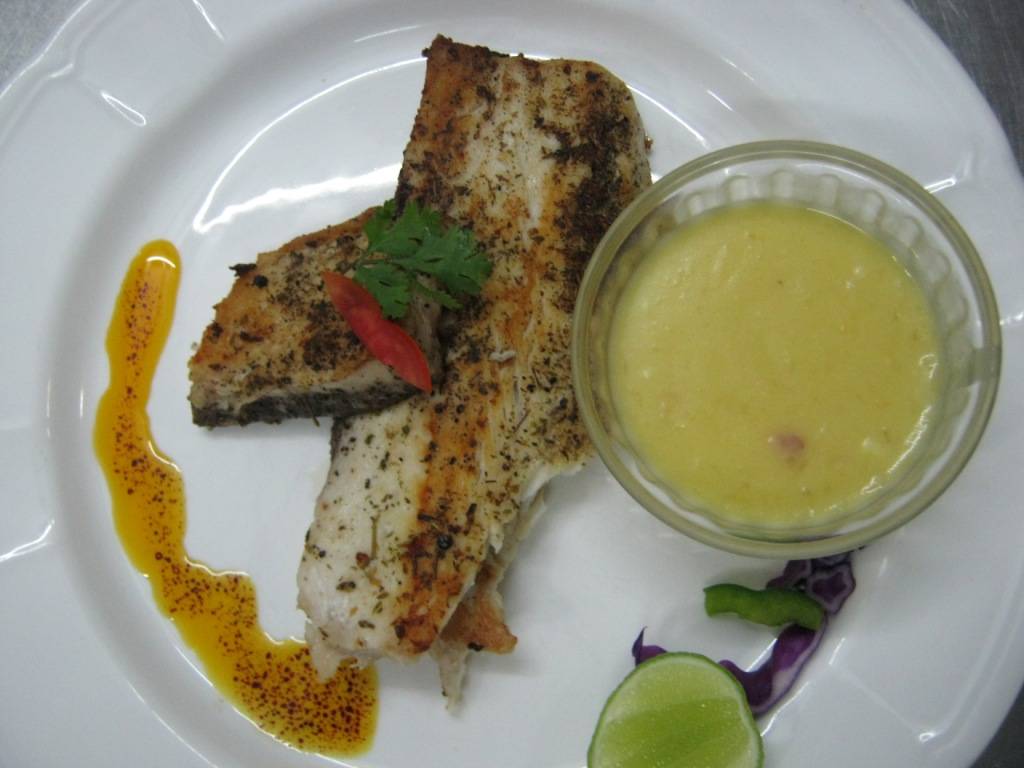Puducherry, formally Pondicherry, is the famous ex-French colonial town infused with the best of East and West. It is known for its bougainvillea-lined Rues, mustard coloured Mediterraneanvillas and French aesthetic. But for all the bakeries, churches and remnants of France’s rule, this is a city that remains distinctively Indian.
The city seems to have a dual-personality and crossing the central canal provides a journey from East to West. It may be one of the best places in India for its beaches and home comforts like wine and a prime ribeye steak, but rather than being defined by colonial rule it has become – as the Lonely Planet writes –“less of a faded colonial-era ville, more a bohemian-chic, New Age–cum–Old World hangout on the international travel trail.” It is no wonder people come for miles to get here.
Discover Puducherry’s ancient history of trade through the ruins of the lost Indian city of Arikamedu. Digs here have found Amphorae, Arretine ware, Roman lamps, stone beads and gems at the site. Evidence suggests that this was a trading point with links to Rome as early as the first century BC. Chola coins, Chinese celadon pottery and other East Asian artefacts have also been uncovered at the site.
If yoga and meditation is more your cup of tea, Puducherry is also home to a kind of utopia, known as Auroville. Inhabitants here discard the aspects of their identity that detach them from others, seeking instead to belong to no one and in turn everyone, through their underlying dedication to humanity. Since 1968, Auroville has been a destination for peaceful minds and higher thinking, and they always welcome new recruits.
For your spirituality fix, visit Sri ManakulaVinayagar, a temple dedicated to the Hindu God Ganesha. Ganesha is known as the overcomer of obstacles, the patron of the arts and sciences and the deva of intellect and wisdom. Here you can be blessed by a real elephant, wishing you luck for your forward journey.
There may be pizzerias, croissants and steaks aplenty, but there is no shortage of south Indian eateries and dishes to enjoy. It is similar to Tamil cuisine, but over time has been married with a French twist.
Many recipes are a fusion of both cuisines, with French cooking styles making their way into Indian dishes and Indian spices improving French dishes. Fish and seafood for example, is often cooked in the French style with Indian flavours.
Coconut is widely used, giving curries a creamier texture. Wine, cream and mustard have all found their way into the Indian kitchen, while traditional ingredients like tomatoes and cardamom have been lost. Most startlingly however, is how rice is often replaced by a baguette!
If like us, you prefer to keep it authentic or like your twists totally Indian in design, you should book a table in one of London’s best fine dining Indian restaurants. Here you can guarantee the faithful use of ingredients and cooking styles, resulting in a fabulous meal that will excite your taste buds.

